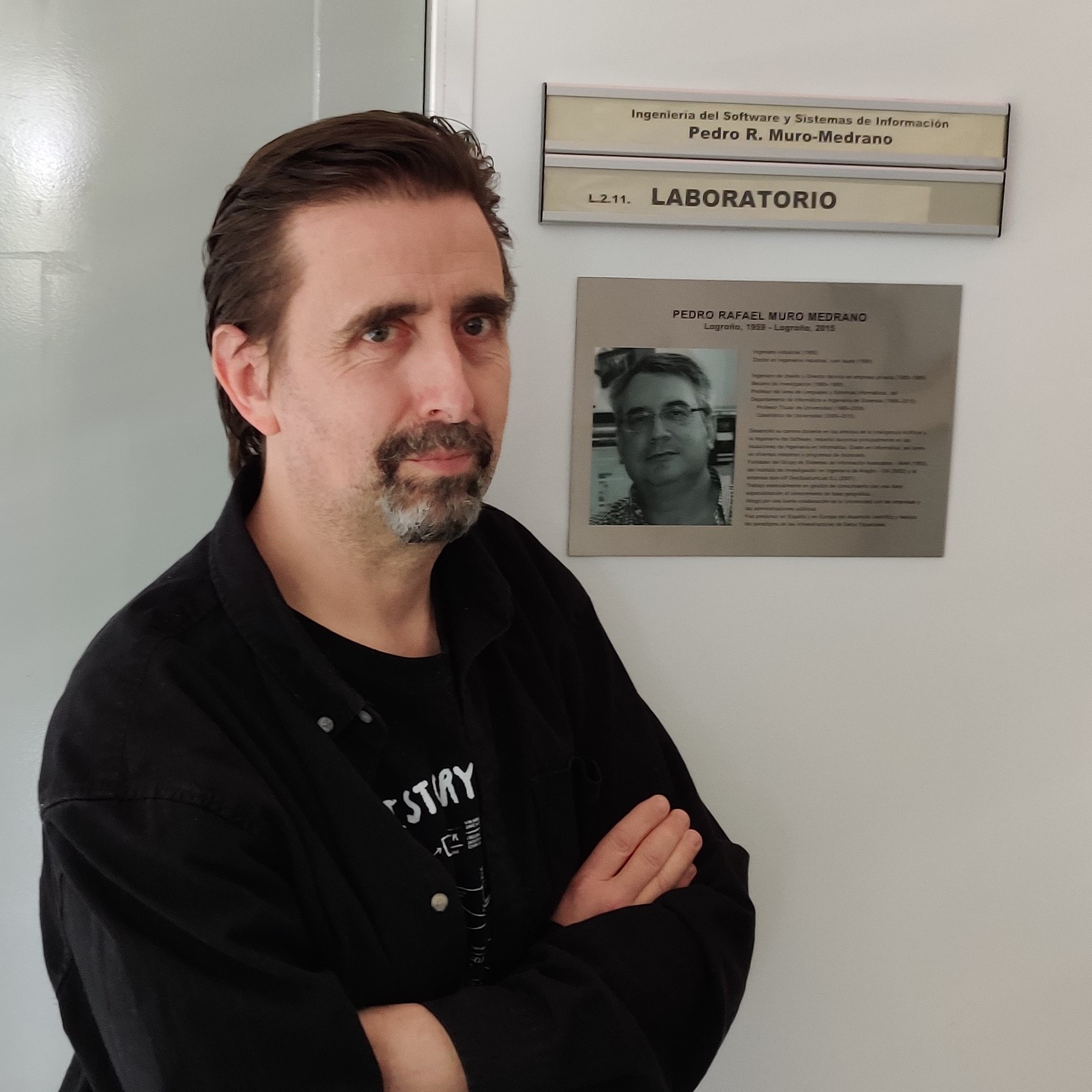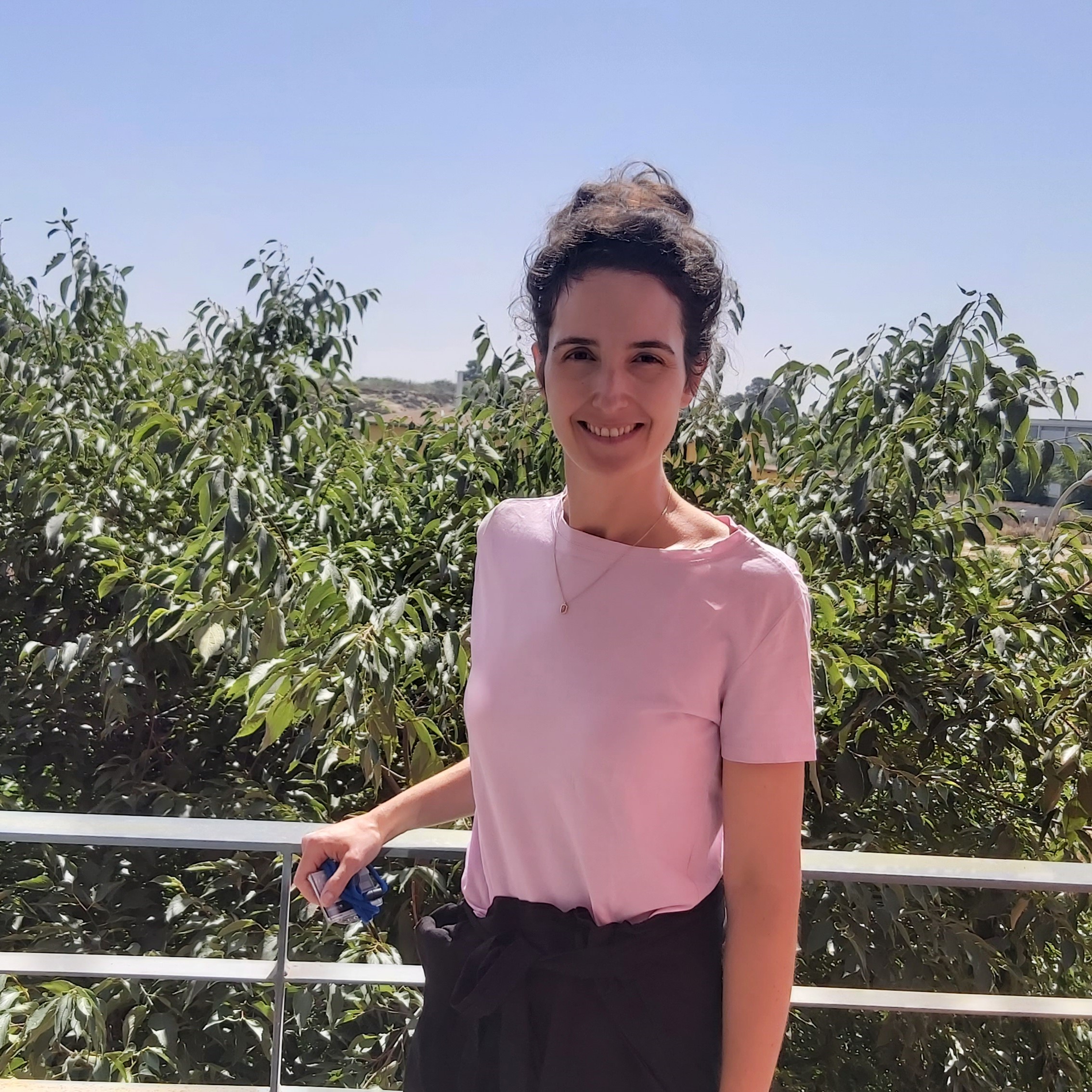
Why did you decide to dedicate yourself to research?
I studied computer science at the Polytechnic University of Valencia, because at that time It was not in Zaragoza. When I finished university I realised that the computer science that was then being developed in companies and public administrations was very boring. I wanted to do something different, something creative, and the only possibility was to do research.
Was it always clear to you what you wanted to do?
To a certain extent, yes. I discovered computers in the 2nd year of secondary school with the popular Spectrum. Since then I see it as something creative, but within the paradigms of engineering. That is why research in computer science seems to me to be the ultimate expression of my vision of this discipline.
You are part of the IAAA, what do you work on in your research group?
We manage knowledge where the geographical element is relevant. That is to say, the fact that a series of data and information is in one geographical location or another changes its meaning. For example, the information we have at the door of the university is different from that of the Torrero neighbourhood. If we talk about mobility, in Torrero it is all uphill and in the Río Ebro Campus it is all flat. This difference in geographical location is important and means that the elements we work with are different.
Any project in progress that you would like to highlight.
We are currently working on the creation of a digital twin of farms. What we are doing is integrating information from different sources working with open data resources, which is known as Open Data. So, we incorporate new models of geographic information representation and then we enable systems to be able to integrate Artificial Intelligence on top of all that.
How long have you been linked to the I3A?
I have been with the Institute since it was founded, but I am not a founding member, Pedro Muro was, who was also the creator and first principal investigator of the group.
What would you highlight about the Institute?
It has two basic functions, one is purely administrative and the other is to bring together research groups to generate synergies. The I3A has a very valid staff that gives you very important support, but it also provides us with a way to facilitate access to other research groups to work together.
What do you like most about your profession?
Research in engineering is not discovery, as in science, where you discover a reality and explain it. In engineering what we do is create realities, I say that I am inventing the future, we are inventing things and that is what I like the most.
What would you say to someone who is thinking of going into research?
It's complicated, it's badly paid, but it gives you a lot of satisfaction. You have the privilege of being able to see where the future is going to go, and to influence it. It allows us to sense how things are going to evolve and to bring something new to the table.
CLOSE UP...
You are teacher of... Subjects related to software engineering in the Degree and Master in Computer Science.
A book: The Foundation by Isaac Asimov.
A film: Spanish, "Amanece que no es poco" and foreign, "The Sting".
Musical group: AC/DC.
Hobbies: Reading, walking in the mountains and listening to history or science podcasts.
A trip: I was very surprised by Scotland and Ireland.
Pending trip: So many... some of the extreme north and south of the Earth, Iceland, Canada, New Zealand, southern Argentina and Chile.
How would you define yourself: From a personal point of view I'm shy, and professionally I'm very open to collaborate, I'm good at listening and trying to integrate it with things I do.
